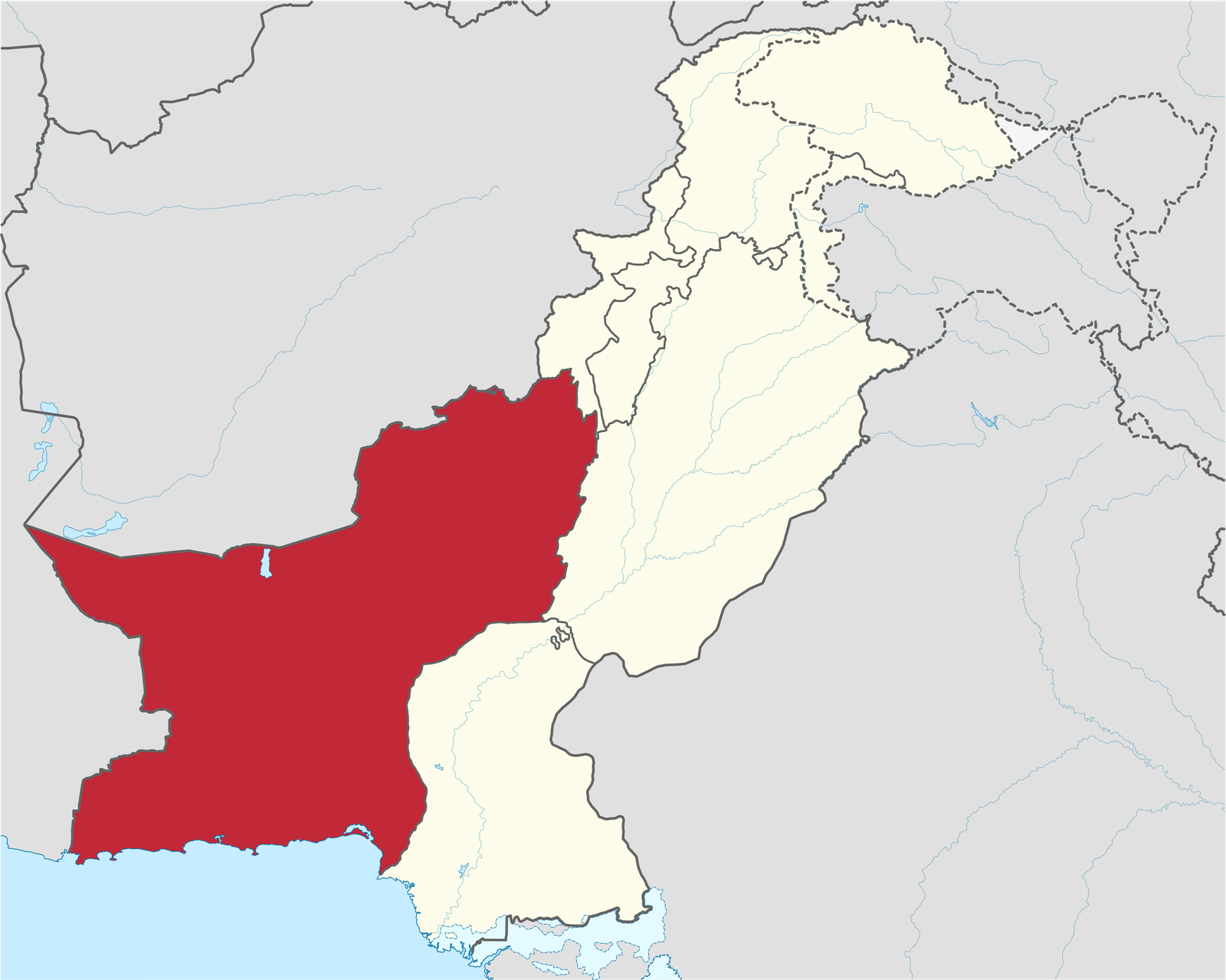Bilawal Kamran
Saudi Arabia’s recent high-powered delegation to Pakistan—coming just days after the signing of a historic defence pact between the two nations—has generated renewed optimism about potential economic cooperation. While Pakistan has often sought Saudi financial support in the past, this visit carries a distinctly pragmatic tone, suggesting a possible shift from traditional aid-based relations toward genuine business and investment engagement.
The delegation’s tour covered all major urban centres—Islamabad, Lahore, and Karachi—where Saudi officials met with federal and provincial leaders as well as private-sector representatives. Several Memoranda of Understanding (MOUs) were signed, some reflecting familiar patterns of cooperation such as deferred oil payments and financial assistance. Yet, what sets this visit apart is the Saudi inclination toward business-to-business (B2B) ventures, where commercial partnerships rather than government bailouts could define the next phase of economic engagement.
Follow Republic Policy YouTube
Saudi investors have identified several high-potential sectors—energy, infrastructure, agriculture, livestock, mining, logistics, and finance. Reports indicate interest in acquiring existing assets, including stakes in K-Electric (KE), as part of a potential ownership restructuring rather than new capital infusion. While this may not generate fresh investment immediately, it could resolve long-standing corporate disputes that have hindered KE’s operational efficiency. A far more transformative step, though still improbable, would be Saudi acquisition of a major distribution company such as LESCO—an ambitious but distant possibility.
Another promising avenue involves agribusiness. Saudi investors reportedly discussed a joint venture with Bestway Group in rice production and processing. For Riyadh, agricultural investment is strategic—it ensures long-term food security for the Kingdom’s population. Their interest in acquiring farmland and deploying modern agricultural technologies could stimulate productivity and introduce new practices in Pakistan. However, policymakers must ensure that such ventures balance foreign investor priorities with national food security concerns, avoiding scenarios where domestic needs are sidelined for export-oriented benefits.
Follow Republic Policy on Facebook
Banking and finance have also attracted Saudi attention. The delegation is said to have explored options to purchase controlling or partial stakes in Pakistani banks. Since privatization, the banking sector has remained a reliable profit-maker, appealing to foreign investors. But these transactions, like those in energy distribution, often involve ownership changes rather than fresh capital inflows—useful for short-term stability, but limited in their development impact.
Follow Republic Policy on TikTok
For Pakistan, the real prize would be securing direct investment in productive sectors—particularly energy infrastructure and manufacturing. The long-delayed Saudi oil refinery project, first proposed during the Musharraf era, remains a symbol of unfulfilled potential. Global shifts toward renewable energy and an oversupply of refineries in the Middle East have weakened its economic feasibility. However, investment in renewable energy, petrochemicals, and modern logistics infrastructure could offer mutual benefits if aligned with Pakistan’s reform agenda.
Follow Republic Policy on Instagram
More realistically, near-term Saudi investment may flow into agriculture, livestock, and construction—areas offering fast returns. These sectors suit Saudi interests but provide only limited relief to Pakistan’s industrial stagnation. The country’s chronic problems—uncompetitive energy tariffs, inconsistent taxation, and policy instability—remain major deterrents to manufacturing investments. Without comprehensive reforms, Pakistan risks becoming a low-value market, reliant on external goodwill rather than internal productivity.
Follow Republic Policy on WhatsApp Channel
In essence, the Saudi visit represents both opportunity and warning. Opportunity—because genuine economic cooperation with a long-time ally can enhance stability and growth. Warning—because without internal reforms, even friendly investment will gravitate toward extractive and speculative sectors rather than industrial modernization. The PHC may secure the rule of law, but only consistent governance, fiscal discipline, and investor confidence can secure Pakistan’s economic future.
















